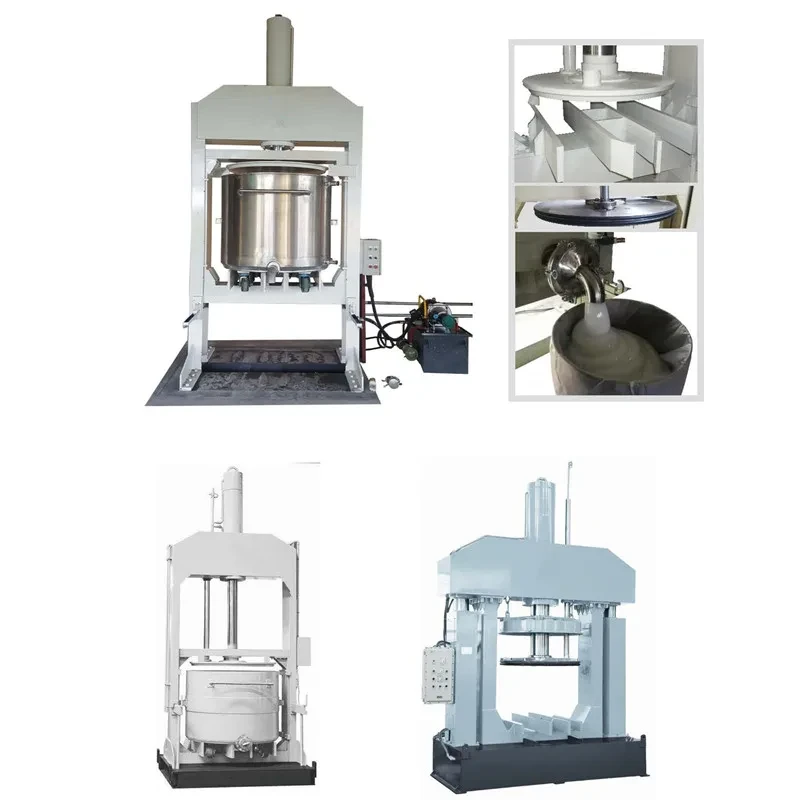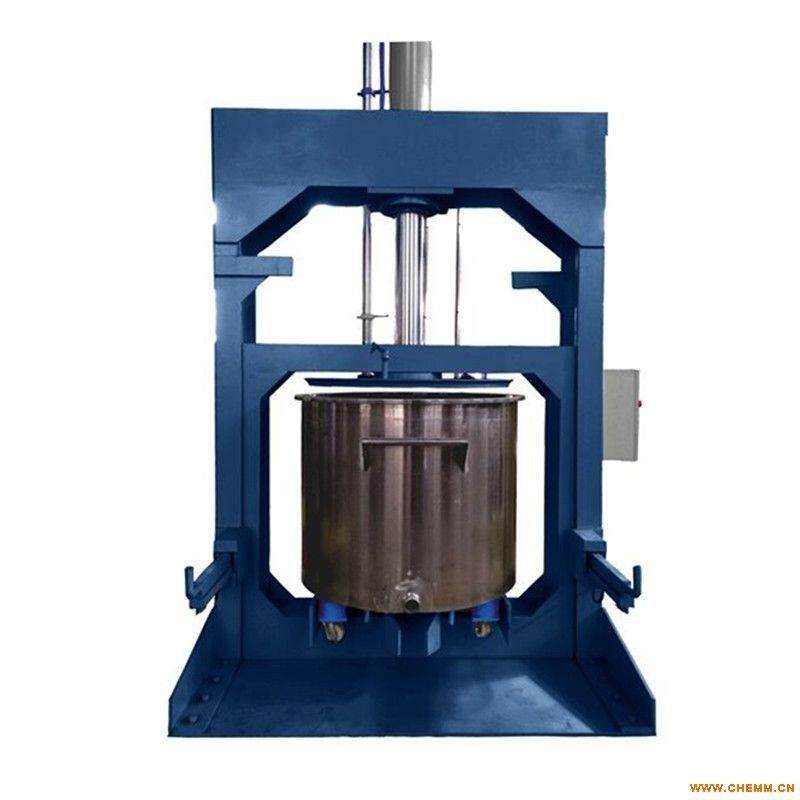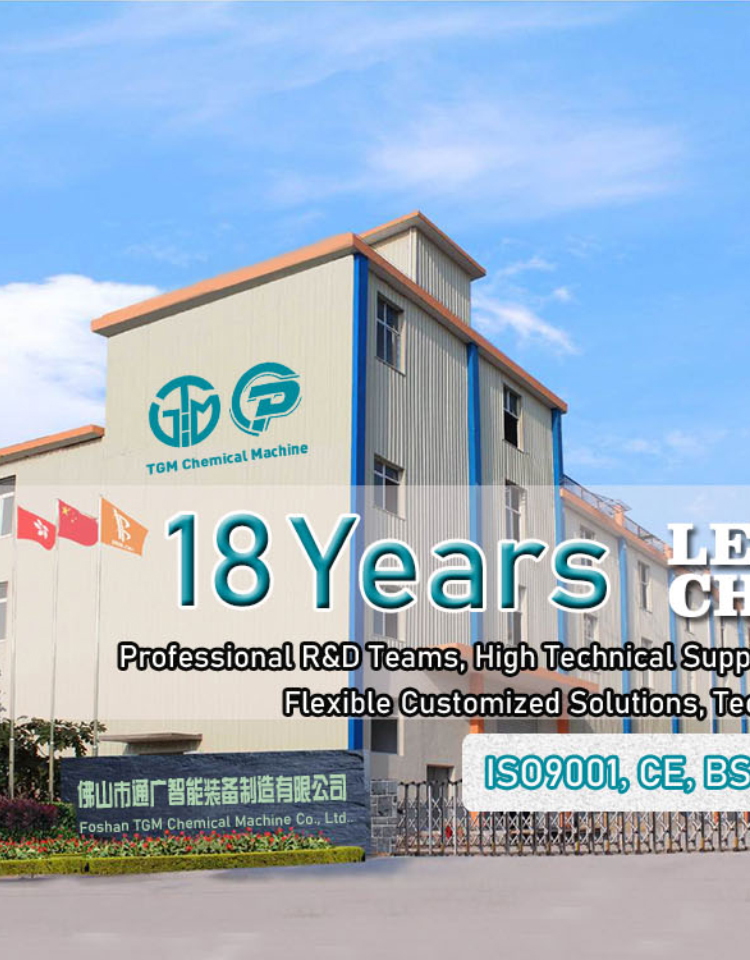Email cannot be empty
Password cannot be empty
Email format error
Email cannot be empty
Email already exists
6-20 characters(letters plus numbers only)
The password is inconsistent
Email format error
Email cannot be empty
Email does not exist
6-20 characters(letters plus numbers only)
The password is inconsistent


High Viscosity Pressure Machine: Revolutionizing Industrial Processes
In the realm of industrial machinery, the high viscosity pressure machine stands out as a game-changer. Known for its ability to handle thick and viscous materials, this machine is a vital asset across various industries, from manufacturing to chemical processing. In this blog post, we will delve deep into the workings, applications, and benefits of the high viscosity pressure machine, ensuring that the term appears naturally and frequently throughout the text.
Understanding High Viscosity Pressure Machines
What is a High Viscosity Pressure Machine?
A high viscosity pressure machine is a specialized piece of equipment designed to pump and process materials with high viscosity levels. These materials can range from thick pastes and gels to heavy oils and resins. The machine uses high pressure to move these dense substances through the system, ensuring efficient and consistent processing.
Key Components
1. Pump System: The heart of the machine, designed to handle high pressures and thick materials.
2. Control Panel: Allows operators to adjust settings and monitor the machine's performance.
3. Nozzles and Valves: Essential for directing the flow of materials and maintaining pressure.
How It Works
The machine operates by using a powerful pump to create high pressure. This pressure forces the viscous material through the system, where it can be mixed, heated, or otherwise processed as needed. The machine's design ensures that even the thickest materials are handled efficiently, reducing the risk of blockages and ensuring a smooth operation.
Applications of High Viscosity Pressure Machines
Manufacturing Industry
In the manufacturing sector, the machines are essential for producing products that require the handling of thick materials. For example, in the production of adhesives and sealants, these machines ensure that the materials are mixed and dispensed correctly.
Chemical Processing
Chemical plants often deal with highly viscous substances that need to be processed under specific conditions. The machines are used to pump and mix these materials, ensuring that the end products meet the desired specifications.
Food Industry
In the food industry, the machines are used to process products like peanut butter, sauces, and other thick food items. The machine's ability to handle these materials efficiently makes it a critical component in food production lines.
Benefits of Using a High Viscosity Pressure Machine
Increased Efficiency
One of the primary benefits is the significant increase in efficiency. These machines are designed to handle thick materials quickly and effectively, reducing processing times and increasing overall productivity.
Consistent Quality
By ensuring that materials are processed evenly and under the right conditions, the machines help maintain a consistent quality in the final product. This consistency is crucial in industries where product standards are stringent.
Reduced Waste
High viscosity pressure machines are designed to minimize waste by ensuring that all the material is processed and utilized effectively. This not only helps in reducing production costs but also aligns with environmental sustainability goals.
Choosing the Right High Viscosity Pressure Machine
Factors to Consider
When selecting a high viscosity pressure machine, several factors need to be considered to ensure that it meets the specific needs of your operation.
1. Material Viscosity: The machine must be capable of handling the viscosity level of the materials you work with.
2. Pressure Requirements: Ensure that the machine can generate the necessary pressure for your processing needs.
3. Capacity: Choose a machine that can handle the volume of material you need to process.
Leading Manufacturers
There are several manufacturers known for producing high-quality machines. When choosing a supplier, consider factors like reputation, customer reviews, and after-sales support. It's also beneficial to look for a manufacturer that offers customization options to tailor the machine to your specific needs.
Maintenance and Care
Regular Maintenance
To ensure the longevity and optimal performance of your machine, regular maintenance is crucial. This includes routine inspections, cleaning, and part replacements as needed.
Troubleshooting Common Issues
Common issues with high viscosity pressure machines include blockages, pressure drops, and wear and tear on components. Having a troubleshooting guide and access to technical support can help address these problems promptly and keep your operations running smoothly.
Case Study: High Viscosity Pressure Machines in Action
Enhancing Production at a Adhesive Manufacturing Plant
A leading adhesive manufacturing plant recently integrated machines into their production line. The result was a 30% increase in production efficiency and a significant reduction in material waste. The machines allowed the plant to handle thicker adhesive formulations that were previously challenging to process, leading to a more diverse product range and improved product quality.
Streamlining Operations in a Chemical Processing Facility
A chemical processing facility dealing with high viscosity resins found that their existing equipment was not up to the task. After switching to high viscosity pressure machines, the facility experienced fewer blockages and downtime, leading to more consistent output and higher overall efficiency.
Future Trends in High Viscosity Pressure Machines
Technological Advancements
The future looks promising, with ongoing advancements in technology set to further enhance their capabilities. Innovations such as smart sensors and automation are expected to make these machines even more efficient and easier to operate.
Sustainability Considerations
As industries continue to focus on sustainability, the machines are being designed with features that reduce energy consumption and minimize environmental impact. This includes more efficient pump systems and the use of eco-friendly materials in their construction.
Conclusion
The high viscosity pressure machine is an indispensable tool in various industries, offering unmatched efficiency and reliability in handling thick and viscous materials. Whether in manufacturing, chemical processing, or the food industry, these machines are revolutionizing the way materials are processed, ensuring consistent quality and reducing waste.
As technology continues to advance, we can expect even greater innovations in high viscosity pressure machines, making them an even more valuable asset in industrial processes. For companies looking to enhance their operations, investing in a the pressure machine is a step in the right direction.

